Humans
Sign up for our newsletter
We summarize the week's scientific breakthroughs every Thursday.
-
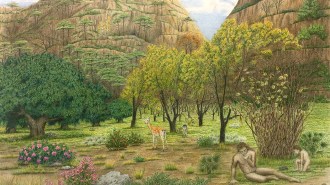 Anthropology
AnthropologyFinds in a Spanish cave inspire an artistic take on warm-weather Neandertals
Iberia’s mild climate fostered a host of resources for hominids often pegged as mammoth hunters.
By Bruce Bower -
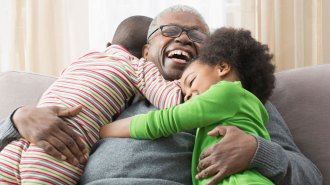 Health & Medicine
Health & MedicinePeople fully vaccinated against COVID-19 can socialize without masks, CDC says
Two weeks after their final COVID-19 shot, people can visit other vaccinated people indoors without masks or physical distancing.
-
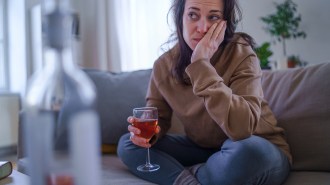 Health & Medicine
Health & MedicineCOVID-19 has exacerbated a troubling U.S. health trend: premature deaths
The pandemic played into already rising death rates from obesity, drugs, alcohol and suicide.
By Bruce Bower -
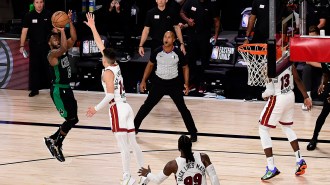 Health & Medicine
Health & MedicineMost pro athletes who got COVID-19 didn’t develop heart inflammation
Few professional athletes developed heart inflammation after a bout of COVID-19, but how the findings relate to the general public isn’t clear.
-
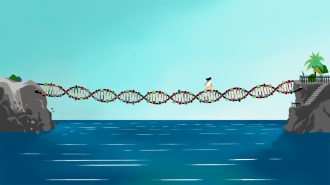 Genetics
GeneticsDNA databases are too white, so genetics doesn’t help everyone. How do we fix that?
A lack of diversity in genetic databases is making precision medicine ineffective for many people. One historian proposes a solution: construct reference genomes for individual populations.
-
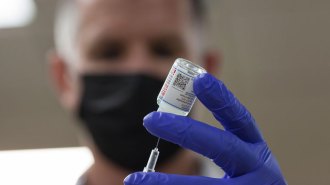 Health & Medicine
Health & MedicinePeople who have had COVID-19 might need only one shot of a coronavirus vaccine
Antibody levels in health care workers who had COVID-19 and got vaccinated were more than 500 times higher than those vaccinated but never infected.
-
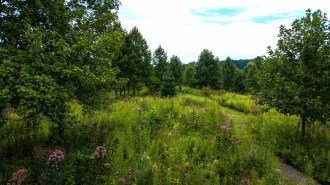 Environment
Environment‘Green’ burials are slowly gaining ground among environmentalists
Researchers asked older environmental activists what they planned to do with their bodies after death. Many were unaware of “green” burial options.
-
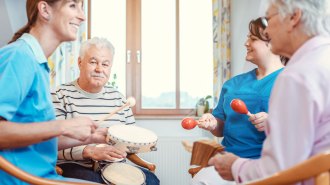 Health & Medicine
Health & MedicineA music therapist seeks to tap into long-lost memories
Alaine Reschke-Hernández is partnering with neuroscientists to figure out how music improves Alzheimer’s patients’ lives.
-
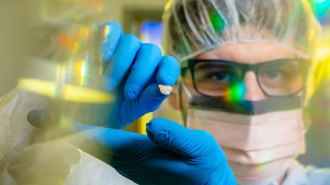 Archaeology
ArchaeologyAn ancient dog fossil helps trace humans’ path into the Americas
Found in Alaska, the roughly 10,000-year-old bone bolsters the idea that early human settlers took a coastal rather than inland route.
-
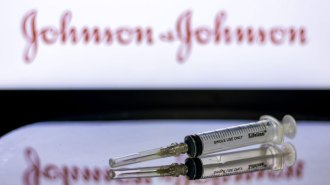 Health & Medicine
Health & MedicineWhat you need to know about J&J’s newly authorized one-shot COVID-19 vaccine
Even as a third COVID-19 vaccine becomes available in the United States, questions remain over how well it works and if people will take it.
-
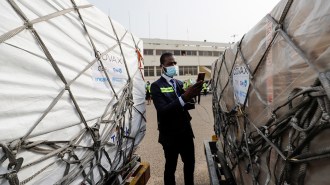 Health & Medicine
Health & MedicineGlobal inequity in COVID-19 vaccination is more than a moral problem
Wealthy countries are vaccinating at much higher rates than low-income countries. Such inequities could ultimately prolong the pandemic for all.
-
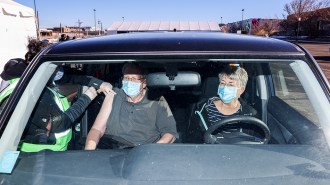 Health & Medicine
Health & MedicineCan a COVID-19 vaccine’s second dose be delayed? It’s complicated
New data indicate that delaying second doses of COVID-19 vaccines may still provide protection, but some scientists aren’t convinced it’s OK.